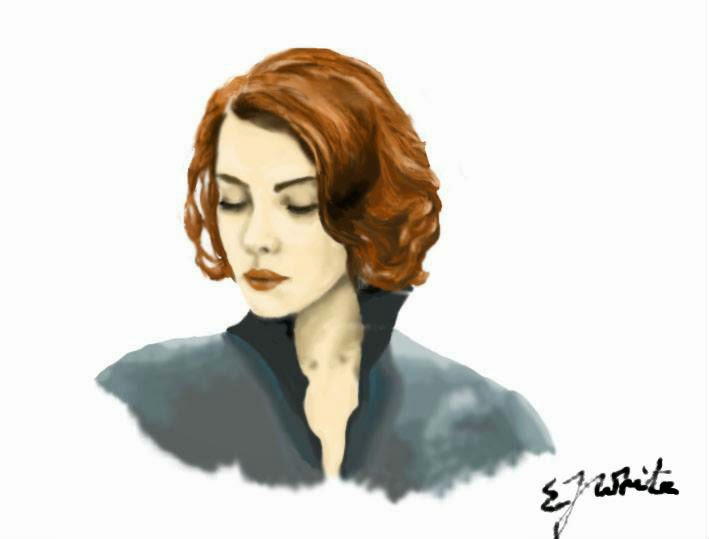Photoshop is a brilliant piece of software. Anything from editing images, creating posters and drawing deisgns - it will do the job.
Some say that one cannot truly learn something without putting the skill into practise and experimenting individually. It takes up to 10,000 hours to master just one thing, and when it comes to technology it is definetly true! Softwares are forever being upgraded and technology is always advancing.In essence, Adobe Photoshop is relatively simple to use, but when one has a desired look in mind it is often due to experimentation and practise that the job is done.
In my spare time I have practised with the software and tried out different ideas, and , of course, not all of them have worked. However, one particular work I enjoyed was sketching and painting something from scratch. It is not easy with a mouse, and even less so with a touchpad.
It starts with a basic outline using a pen/pencil with the opacity set to 50 or less. When this is done the skin layer is added, and the different shades are blended together using the blur tool. After this the detail can be added such as the facial features and clothes/accessories. More than often I found myself having to reposition certain aspects such as the eyes.
This was the first attempt:
(Lady Mary Crawley - Downton Abbey)
And this was the second attempt, which, having had a little more practise, is much more detailed compared to the first:

(Black Widow - The Avengers Assemble)

Comments
Post a Comment